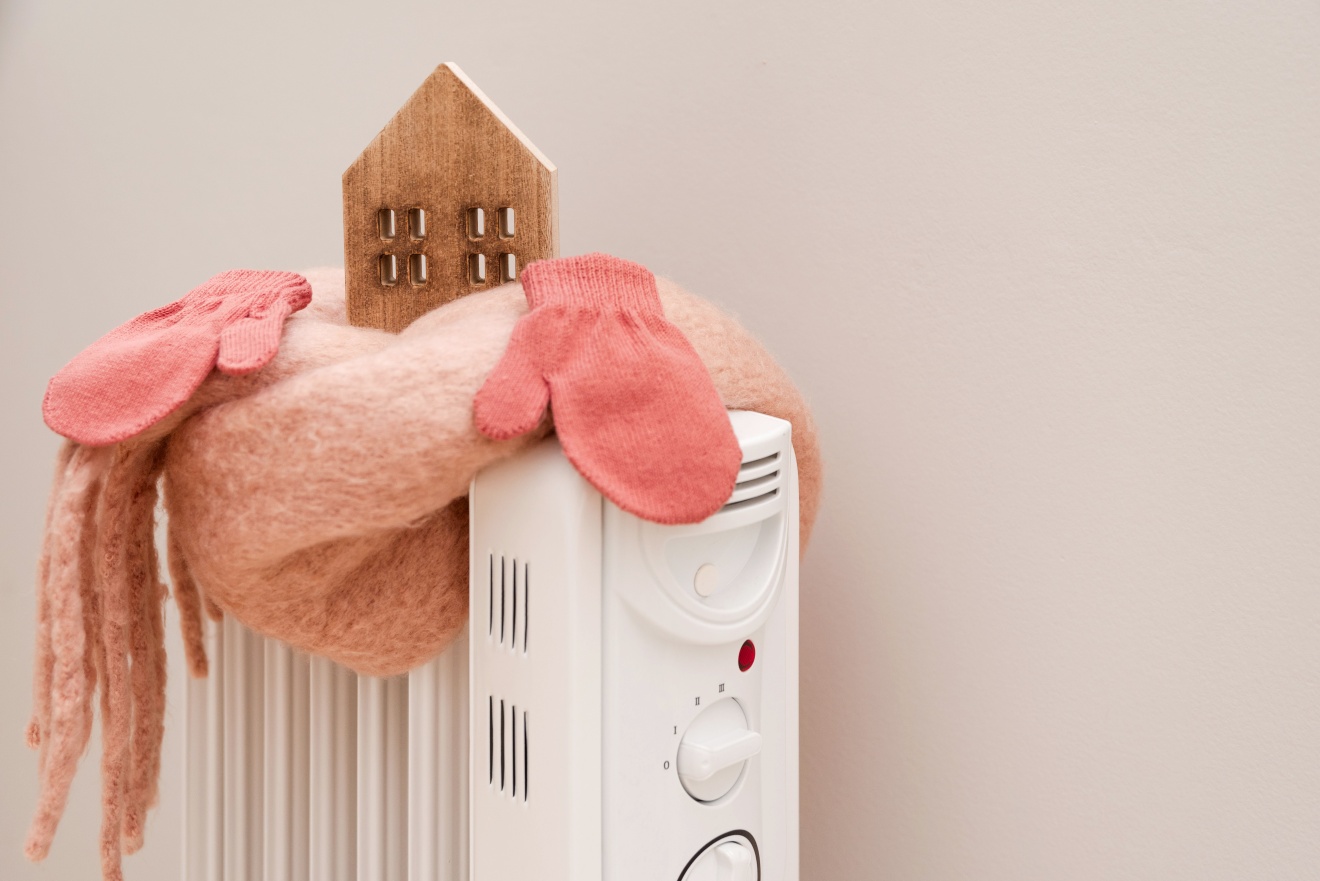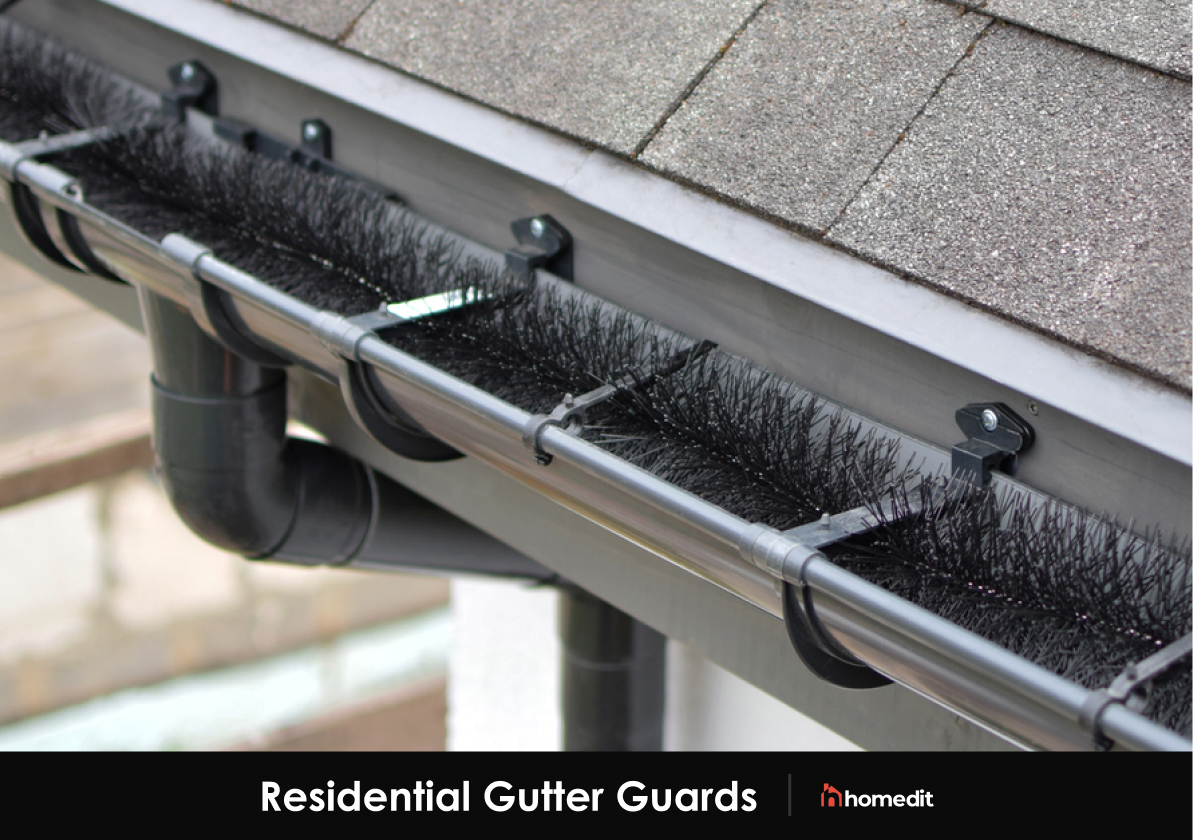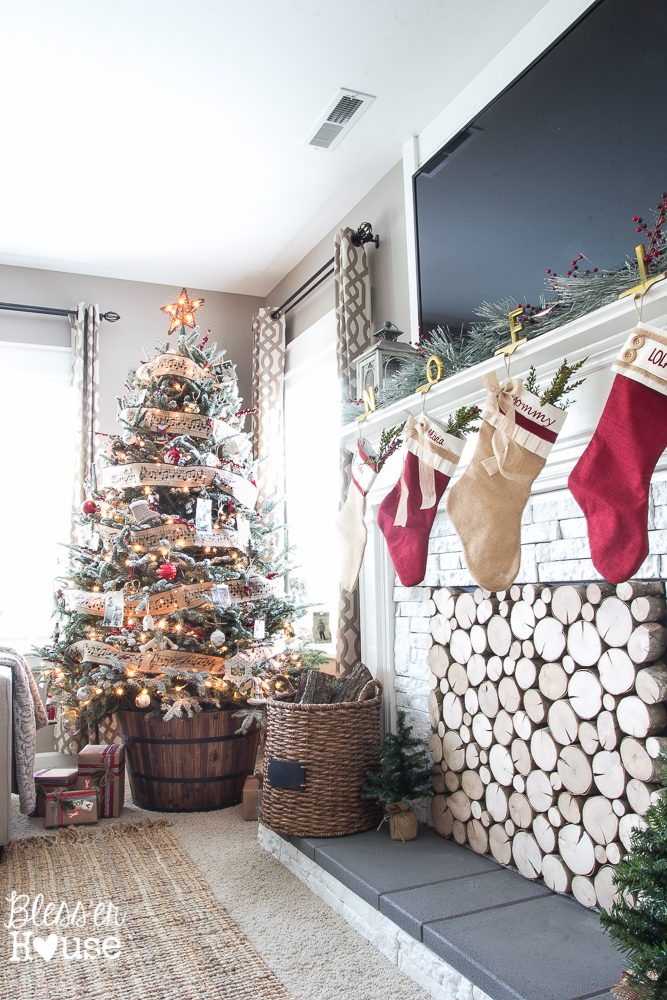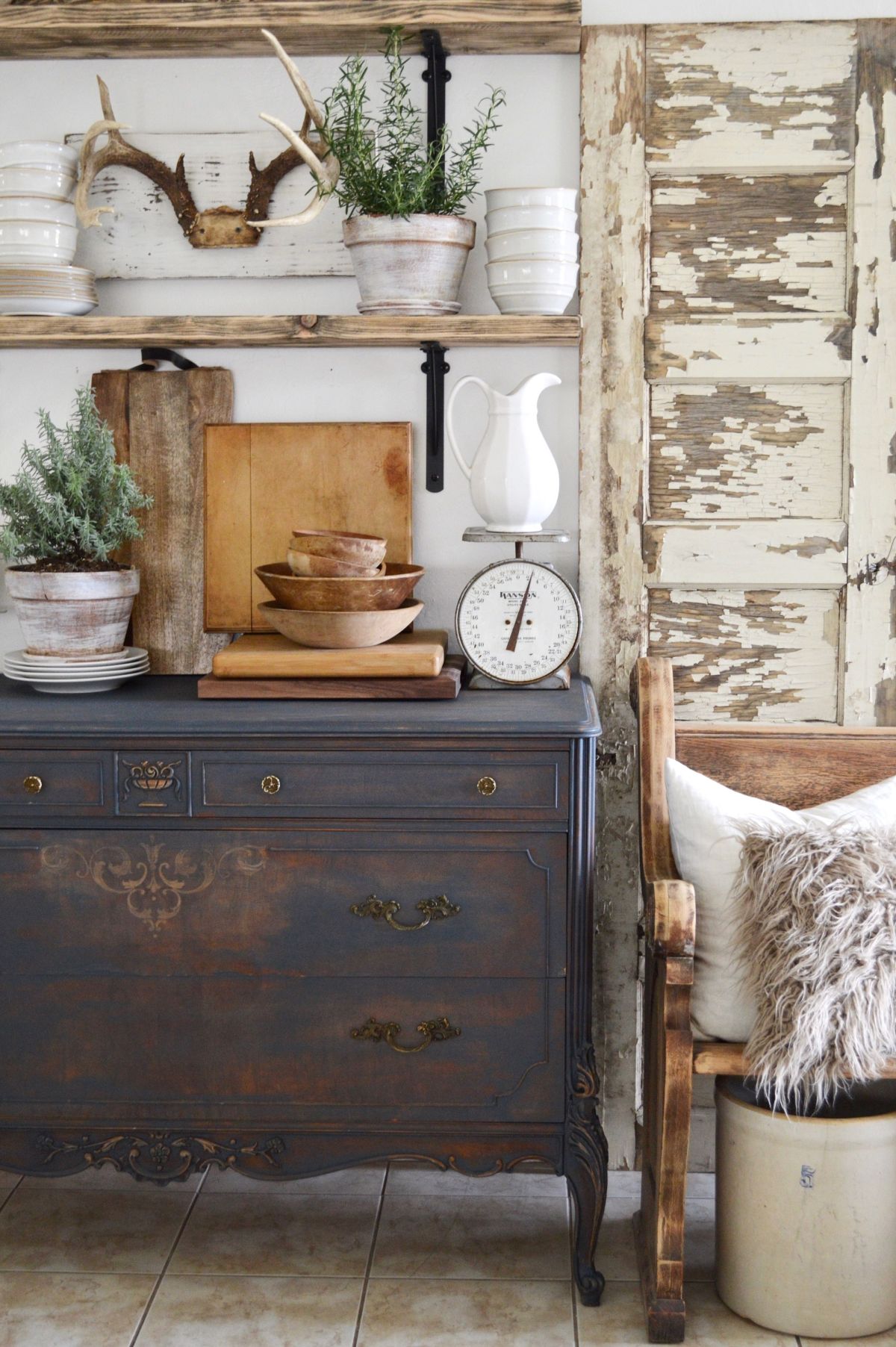Space heaters provide warmth to smaller rooms and areas quickly, efficiently, and cost-effectively. They are also dangerous. The Consumer Product Safety Commission estimates that 21,800 residential fires are related to space heaters causing about 300 deaths–each year.

Follow these safety tips and all the precautions recommended by the heater manufacturers for warm and safe winter heating.
Location
Locate space heaters at least three feet from any flammable material–like bedding, curtains, furniture, pet beds, carpets, or rugs. Set it on a smooth level non-flammable surface. Keep heaters out of high-traffic areas to lower the chance of being knocked over.
Space heaters should not be used in wet or humid areas. If you need to heat your bathroom before showering, turn the heater on to warm the room–then turn it off or remove it. If you use a heater in the kitchen, keep it away from the sink and other water sources.
Power Source
Space heaters draw a lot of power. Plug the heater cord directly into a wall outlet. Make sure the wall outlet is secure and grounded. Do not use extension cords or power bars because they reduce the amount of power getting to the heater and can overheat.
Do not cover power cords with rugs or anything else. Even the heater’s cord gets warm–sometimes hot–with continuous use and can start fires in the surrounding material.
Heater Size
Larger space heaters do not necessarily produce more heat. Modern manufacturing technology has reduced heater sizes. Heater capacity is measured in the number of watts of heat it produces. Allow around 10 watts per square foot of room area for comfortable and efficient heating. If the room you are heating is 150 square feet, you need a 1500-watt heater.
Out With the Old, In With the New
Space heaters are tough. They can last for decades. Old heaters can also be dangerous and inefficient costly power suckers. Consider replacing your old space heater with a new safer efficient unit.
Fan Forced Air. Blows air over hot coils to heat the air in a room.
Infrared Heaters. Deliver warmth quickly by heating objects instead of the air.
Ceramic Heaters. Heat up quickly. Ideal for smaller spaces.
Oil-filled Heaters. Heats the oil in the unit to provide long-lasting warmth.
New space heaters are equipped with many safety features.
Tip-over Protection. Automatically shuts off if the heater is knocked over.
Over-heating Protection. Heater turns off if it gets too hot.
Timers. Turns the heater off at set times.
Cool-touch Surfaces. Prevents accidental burns.
Thermostat. Heater turns on and off as required to keep the room at a preset temperature.
Safety Certified. Only buy Underwriters’ Laboratory (UL) certified space heaters.
Follow Instructions. Read and follow all safety and operating instructions.
Don’t Leave Space Heaters Unattended
Even with all the safety features, make sure that someone is in the room when the heater is running. Don’t leave it running in an empty room, when no one is home, or while you are sleeping. Turn it off when you leave the room–especially if kids and pets are present.
Carbon Monoxide Detectors
Have carbon monoxide detectors and smoke alarms installed and operating. Test all of them before turning on your space heater.
Inspect Your Space Heater
Inspect your space heater before each use. Ensure the cord is not damaged. Remove all dust–especially after long periods in storage. Make sure it is sitting flat and level–not on a shelf.
If you like our page please share with your friends & Facebook








